8 best books about autism
We've spent hours reading to give you our top pick, written by autistic authors

Your support helps us to tell the story
From reproductive rights to climate change to Big Tech, The Independent is on the ground when the story is developing. Whether it's investigating the financials of Elon Musk's pro-Trump PAC or producing our latest documentary, 'The A Word', which shines a light on the American women fighting for reproductive rights, we know how important it is to parse out the facts from the messaging.
At such a critical moment in US history, we need reporters on the ground. Your donation allows us to keep sending journalists to speak to both sides of the story.
The Independent is trusted by Americans across the entire political spectrum. And unlike many other quality news outlets, we choose not to lock Americans out of our reporting and analysis with paywalls. We believe quality journalism should be available to everyone, paid for by those who can afford it.
Your support makes all the difference.Despite last year's British book sales income being five per cent up from the previous year – the emerging market for books about autism, written by and for autistic people, tends to be overlooked. Mainstream imprints are publishing many more autistic authors as of late, according to Laura James, autistic author of Odd Girl Out.
She said: “There’s a saying in the autism community that goes, 'if you’ve met one autistic person you’ve, well, met one autistic person.’ It’s so widely used as it’s completely true: each autistic person is as different as each neurotypical person, and that’s why it’s hugely important we have books written by as many autistic adults as possible – so we can see the breadth of experience.”
As a writer with autism myself, here's my top pick of books on the topic. From memoirs to fiction, these reads were judged based on how easily understood they were by people on the autistic spectrum, as well as how knowledgeable and accepting they were of the condition, I made sure they did not include any ableist content.
Spectrum Women by various, edited by Barb Cook and Dr. Michelle Garnett, foreword by Lisa Morgan: £15.99, Blackwells

The original research surrounding Asperger's syndrome and autism was largely based around men, leading to the initial diagnostic criteria. Asperger's syndrome is now considered to be autism spectrum disorder (ASD); and emerging research is now taking women into account. While some advances has been made, women are still often only diagnosed later on in life, with anecdotal evidence pointing to them being missed because they have learnt to mask their hallmarks, and the diagnostic criteria being biased towards them.
To try and combat this, this book written by various autistic women deals with a range of sub-topics such as careers, money, staying safe and hygiene. They all put their viewpoints across independently, while drawing on related research. Spectrum Women is unique in its approach to autism, it should be treated as a bible for autistic women.
M is for Autism by The Students Of Limpsfield Grange School and Vicky Martin: £8.99, Jessica Kingsley Publishers
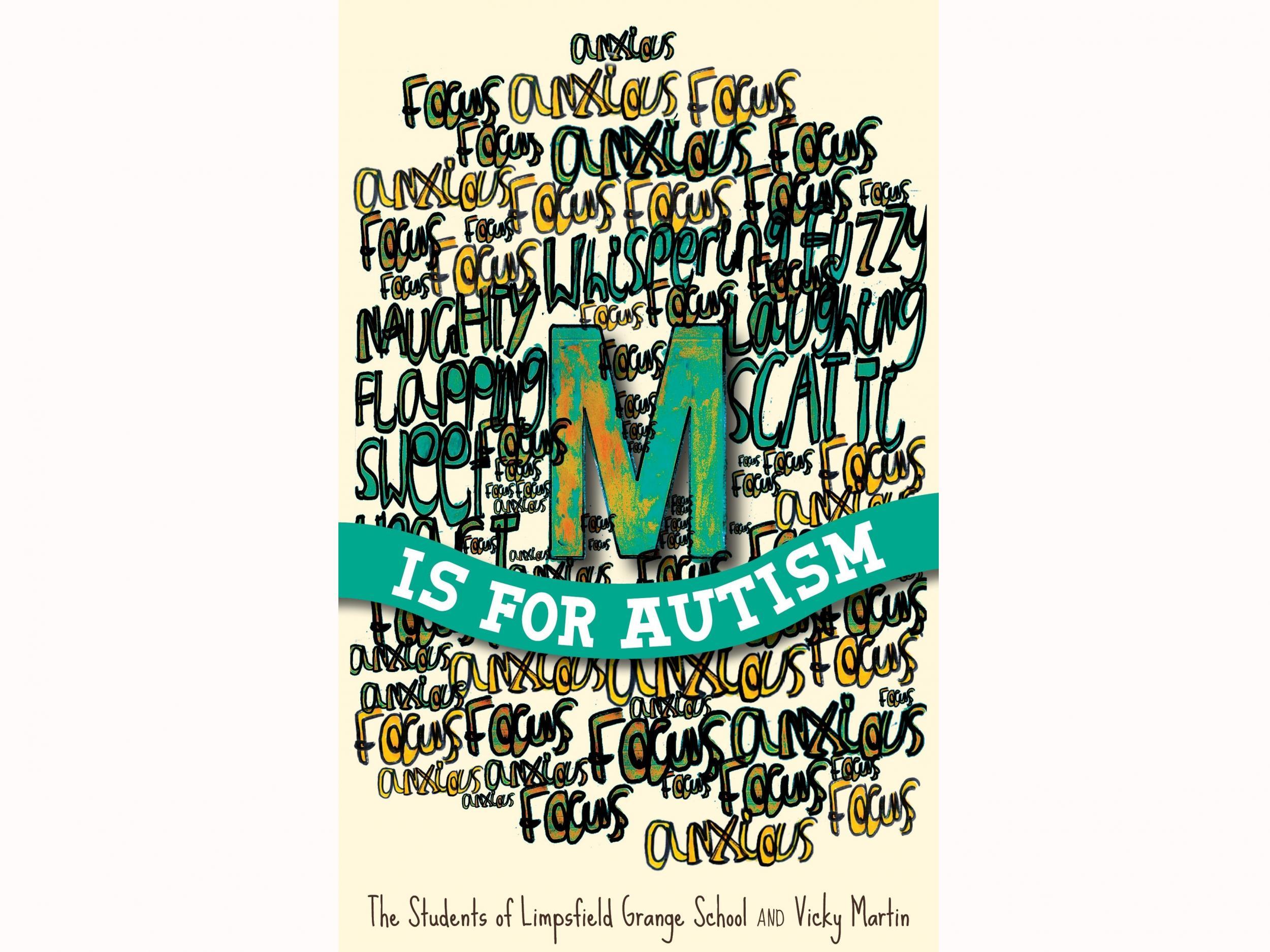
This young adult novel is a small, illustrated tome, dealing with the topic of diagnosis. But don't be fooled by it's genre; simply put, this should be given to every person who is diagnosed with ASD.
Admitting to yourself that “yes, I am different, and this is the reason why” can be difficult. But this fiction book, written by students from a school for girls with ASD, communication and interaction difficulties, draws on real life experiences to portray what life is like on spectrum for M, the protagonist.
What’s likeable is that this book ends with an ultimately affirming message; to be autistic does not make you any less important, or any less worth the while.
The Electricity Of Every Living Thing By Katherine May: £8.99, Amazon
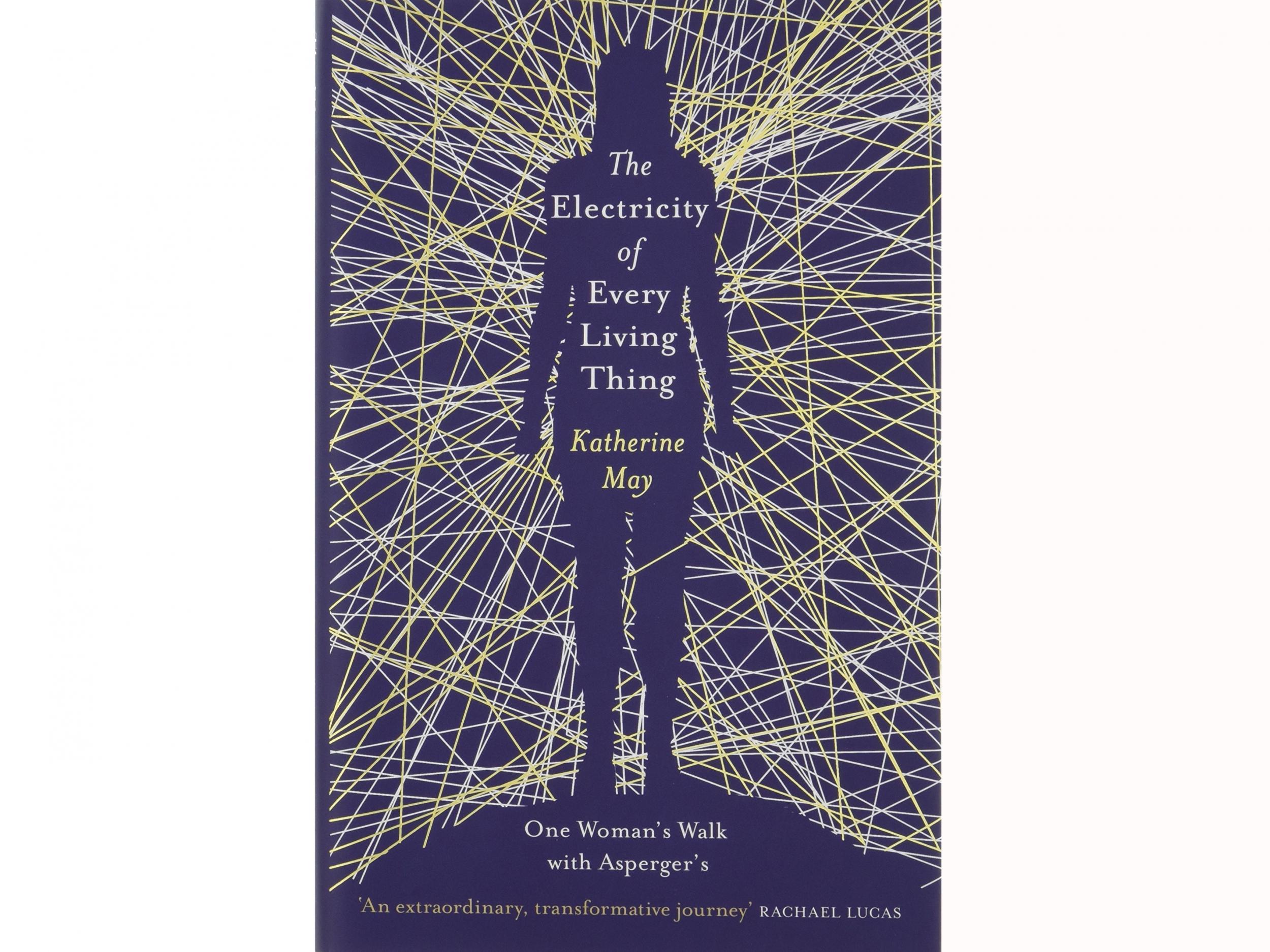
Have you ever felt that you’re different to what’s considered conventional? Or that everyday situations can be overwhelming? Katherine May, diagnosed with ASD in 2016, decides to walk the 630 miles of the South West Coast Path; there are trials and tribulations along the way, such as in learning to cope with the different kinds of terrain.
However, she starts to finally understand why she is different, and comes to terms with the eventual diagnosis. It can be hard to identify with May at times, yet this is more of a warts and all type book, which we enjoyed.
M in the Middle by The Students of Limpsfield Grange School and Vicky Martin: £8.99, Jessica Kingsley Publishers
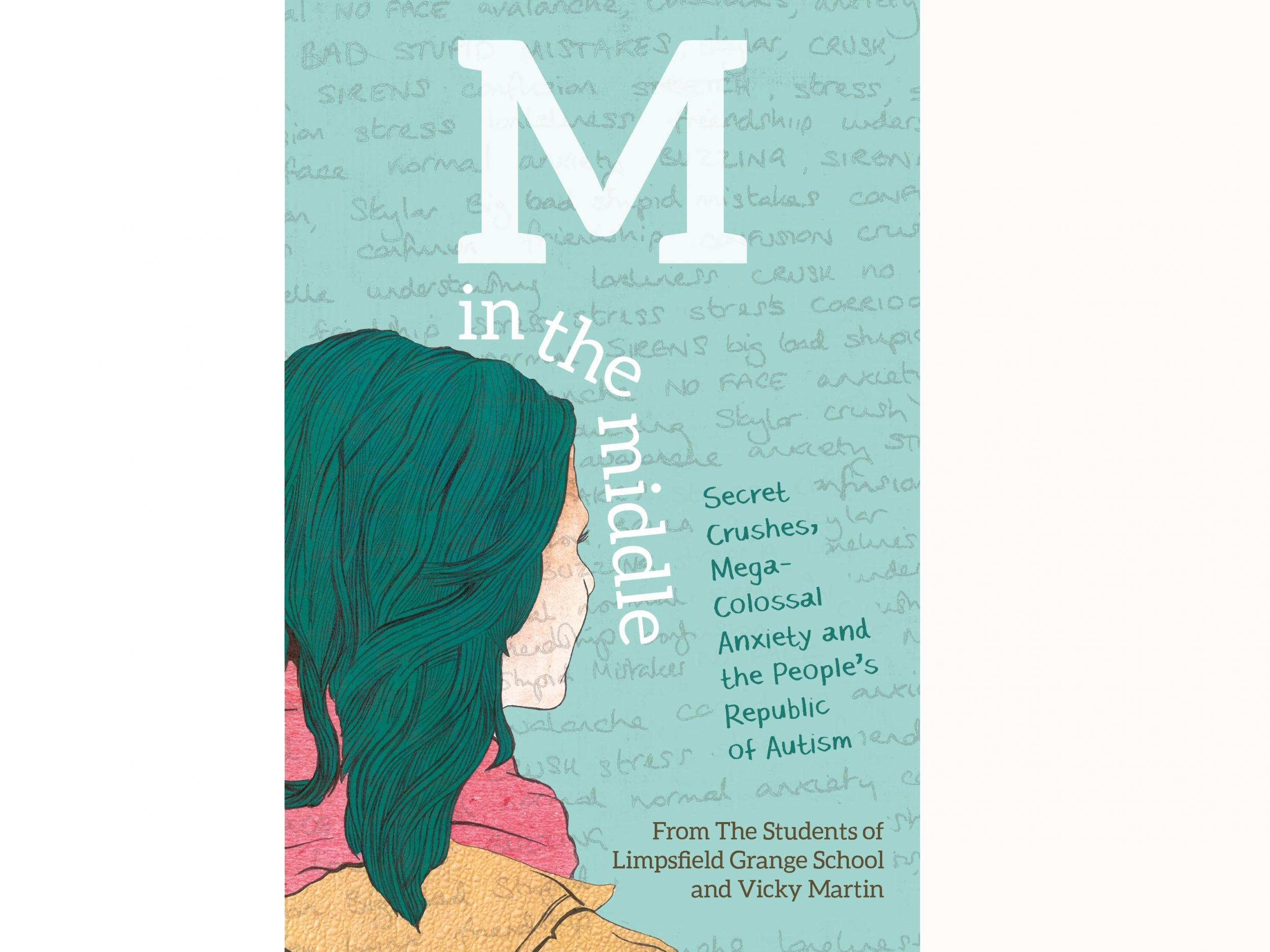
This is the sequel to M Is For Autism, fully expanded. Rather than dealing with a particular topic, this is again a fictional character study of life after diagnosis. What’s great about this book is that despite it being a young adult novel, it appeals to a variety of audiences; it also serves to explain to people not on the spectrum about what it’s like to be autistic, without engaging in any unhelpful discussions.
Rather, this is just M, an autistic character, simply stating what she sees and feels. It would also be helpful for teachers; as the book analyses the lack of clear, specific instructions in education, and the impact this can have on students with autism.
Odd Girl Out by Laura James: £8.99, Waterstones
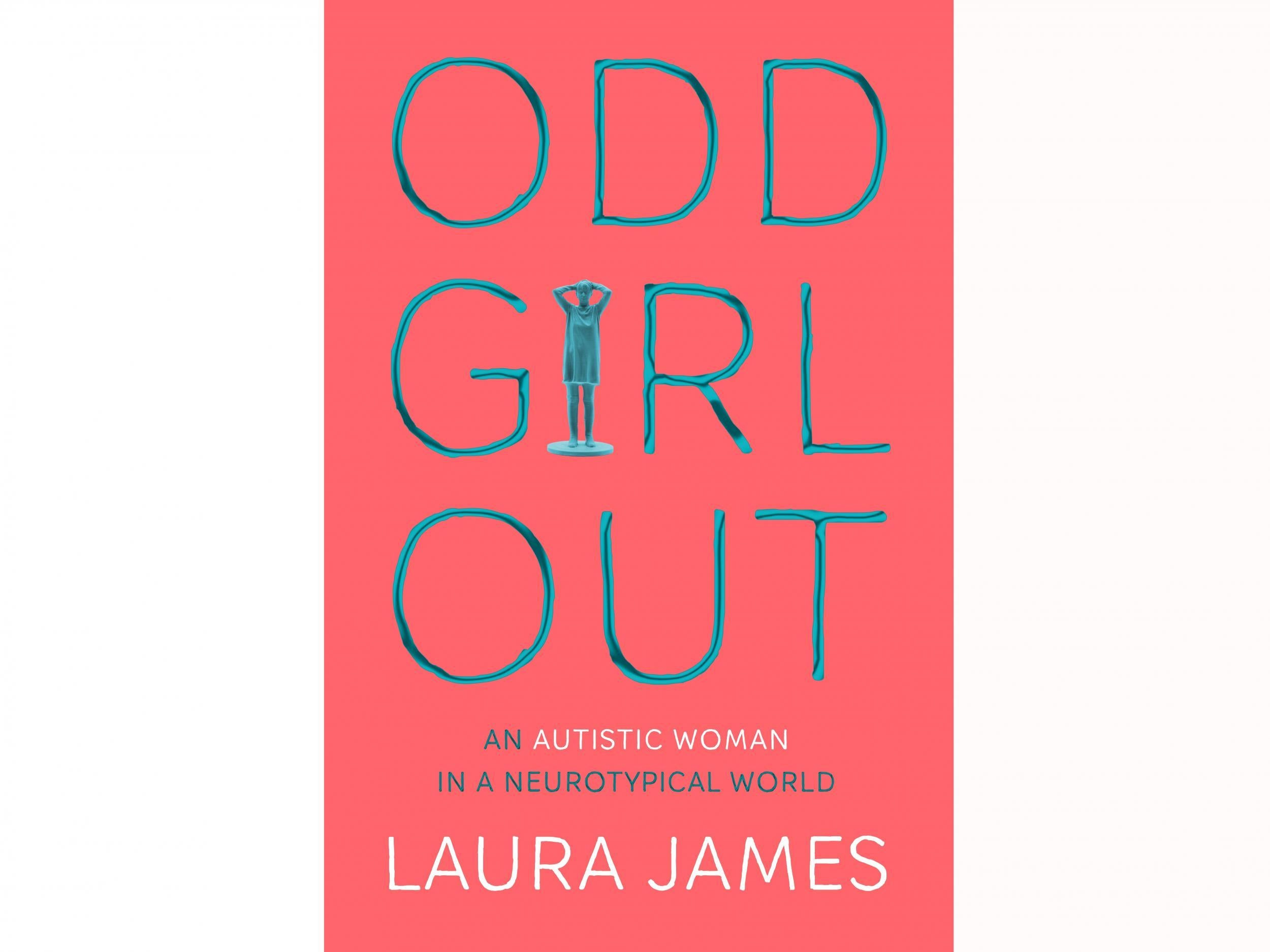
This memoir depicts the year after James’ autism diagnosis when she was an adult. However, in the book she also reconstructs a narrative from her experiences as a child; it presents the before and after in her life. There’s also insightful character analysis; a notable anecdote is how the 2016 US presidential election relates to James’ acceptance of her diagnosis.
Camouflage: The Hidden Lives of Autistic Women by Dr Sarah Bargiela, Illustrated by Sophie Standing: £12.99, Amazon

As Spectrum Women explains, time and time again, autistic women are being missed out of diagnosis in early life. Autism is still considered to be a "male condition", thanks to biased diagnostic criteria. Camouflage Women is a graphic novel, illustrating the experiences of women diagnosed late in life; it may be a niche read, but it’s perfect for someone coming to terms with an autism diagnosis in their later years.
Asperger’s Syndrome And Communication by Alis Rowe: £12.73, Amazon

Alis Rowe is the founder of The Curly Hair Project; an enterprise that provides training and support in various situations for people with autism. (Full disclosure: I attended a workshop, dealing with what to do once diagnosed, a few years ago.) Rowe has also authored a variety of books. Asperger’s Syndrome And Communication is a guide, written for autistic people, about how to communicate well. It has simple pictures, is written concisely, and is also useful for people not on the spectrum.
In A Different Key by John John Donvan and Caren Zucker: £12.04, Amazon
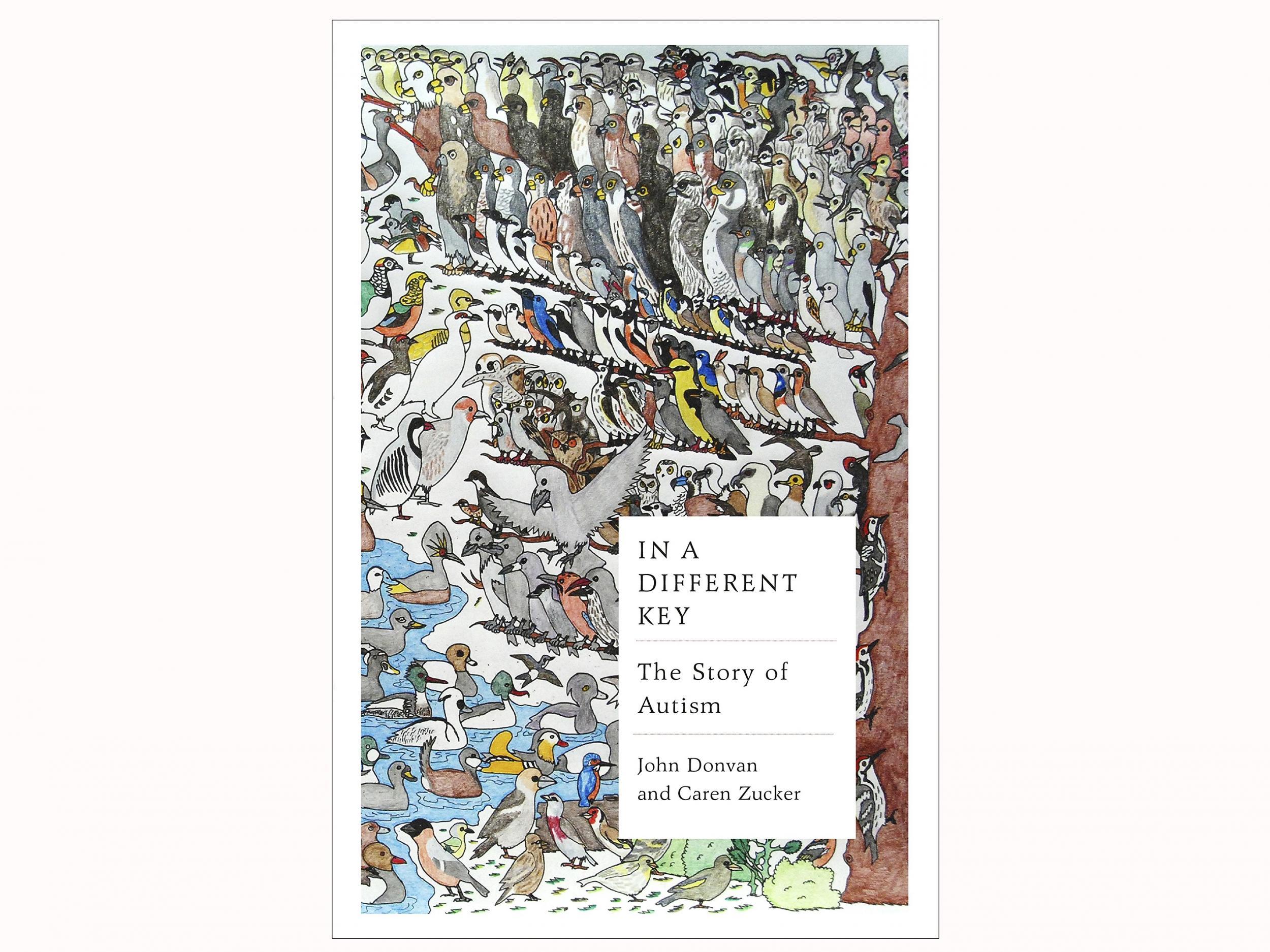
In A Different Key was recommended by a former autistic blogger; this is less about life on spectrum, but more of a comprehensive history, as told through recreating the story of the first child to be diagnosed with autism. It’s likeable for detailing the work of game-changers in the conversation around Autism, such as those who pioneered the concept of neurodiversity. Note that it’s a thick book, but worth it, as it also takes on other subjects, such as the debunked “vaccines caused autism” theory.
The verdict: Books about autism
With an emerging wealth of books about autism written by autistic authors, it’s difficult to choose a favourite with a breadth of topics to explore. Women with autism were a topic that came up in our reading time and time again – largely due to new research – Spectrum Women gets top marks for its portrayal of this experience. We also loved M In The Middle, as its authors have successfully created a compelling autistic character, while appealing to a cross-section of audiences.